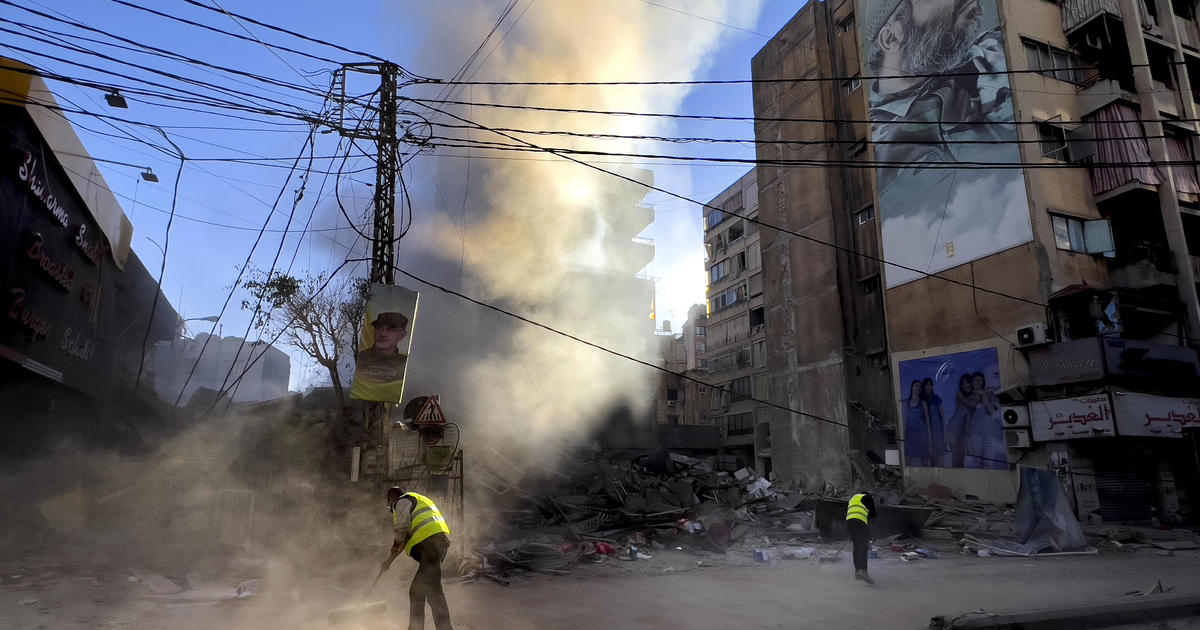Israel’s military operation in Lebanon and Gaza has escalated significantly, causing widespread destruction and civilian casualties. The Israeli Defense Forces (IDF) announced a new phase targeting Hezbollah’s financial infrastructure, while continuing large-scale ground and air operations in Gaza. This aggressive action has drawn international condemnation, particularly regarding the high number of civilian deaths in both Lebanon and Gaza, and the targeting of hospitals in Gaza. The ongoing conflict highlights the complex geopolitical landscape and the devastating human cost of warfare.
Israel’s Targeting of Hezbollah’s Finances in Lebanon
The IDF’s announcement of a new offensive targeting Hezbollah’s financial network, specifically al-Qard al-Hassan, marks a significant escalation in the conflict. This organization, while registered as a non-profit, is accused by Israel of financing Hezbollah’s operations and procuring weapons. The Israeli military has issued evacuation warnings for areas in Beirut and elsewhere in Lebanon linked to this network, raising concerns about potential civilian casualties in the coming strikes.
The Impact on Civilians
The targeting of al-Qard al-Hassan poses a substantial risk to civilians. While this organization is associated with Hezbollah, it also provides financial services to ordinary Lebanese citizens. The IDF’s actions could indiscriminately harm innocent people relying on al-Qard al-Hassan’s services and disrupt the already fragile Lebanese economy. The lack of clarity on the scope of the evacuation warnings further exacerbates concerns about civilian safety.
International Reaction and Concerns
The Israeli operation in Lebanon has elicited criticism from international observers. Concerns about the potential for significant civilian casualties are central to this condemnation. The potential collateral damage is heightened due to the organization’s broad reach, encompassing both legitimate financial activity and illicit support of Hezbollah’s operations. International bodies and nations are urging a measured response to avoid exacerbating the situation and jeopardizing civilian lives.
Intensified Strikes in Gaza and Civilian Casualties
The IDF’s continued assault on Gaza, specifically focusing on northern Gaza, has led to a dramatic increase in civilian deaths and injuries. The strikes on Beit Lahiya, resulting in at least 87 reported fatalities or disappearances and at least 40 injuries, underscores the extreme violence inflicted upon the civilian population. These strikes, among countless others throughout northern Gaza, follow weeks of intense fighting.
The Human Cost of the Gaza Offensive
The relentless bombardments of residential areas in northern Gaza have caused massive devastation. Accounts from medics describe buildings flattened and families wiped out. The IDF’s claims of targeting Hamas operatives are contradicted by the immense number of civilian deaths and the indiscriminate nature of many strikes. The destruction of essential infrastructure, including medical facilities, is contributing to the deepening humanitarian crisis.
Medical Infrastructure Under Attack
Reports indicate attacks on hospitals in northern Gaza. Doctors Without Borders (MSF) and the Palestinian Health Ministry have issued urgent calls to halt attacks against healthcare facilities. This is a direct violation of international humanitarian law and undermines efforts to treat those injured during this brutal war. The attack on hospitals highlights the urgent and severe deterioration of the health situation in northern Gaza and endangers medical staff, making already inadequate healthcare even more so.
Diplomatic Efforts and International Pressure
Despite the ongoing conflict, diplomatic efforts to achieve a ceasefire continue to stall. Although the US has urged Israel to pursue a ceasefire, neither Israel nor Hamas has shown a willingness to engage. The negotiations previously mediated by the U.S., Egypt, and Qatar, which faltered in August, illustrate the deeply rooted obstacles to a lasting resolution.
International Calls for Restraint
International calls for a ceasefire and de-escalation are becoming increasingly urgent in the face of the catastrophic loss of life. The US has been particularly active, conveying concerns to the Israeli government about civilian casualties, though to little effect, emphasizing Israel’s national interest in prioritizing a de-escalation. The global community continues to appeal for an end to hostilities and is advocating for greater protection of civilian lives, but with currently little effect.
The Role of External Actors
The conflict’s involvement of various external players, including Iran’s support for Hamas and Hezbollah, complicates any attempt to establish a ceasefire. The support given by Iran to these militant groups solidifies their position and allows for continued aggression and conflict. These external alliances significantly impede mediation efforts and the prospects for a peaceful resolution.
Conclusion
The ongoing conflict in both Lebanon and Gaza demands a critical examination of the human cost involved and underscores the failures of the efforts to contain it. The IDF’s actions are causing unacceptable levels of death and destruction and inflict great suffering upon civilians. The targeting of Hezbollah’s finances, whilst legitimate, lacks an effective system to mitigate the devastating impact on ordinary citizens of Lebanon. Furthermore, the destruction in Gaza demonstrates a blatant disregard for international humanitarian law. While there are international pleas for a de-escalation and a ceasefire, lasting solutions require active engagement from all parties involved and the broader international community to alleviate the suffering.
Takeaway Points:
- The conflict has resulted in a catastrophic loss of civilian lives and immense suffering in both Lebanon and Gaza.
- Israel’s targeting of Hezbollah’s financial network risks harming Lebanese civilians reliant on its services.
- The ongoing attacks on Gaza have caused massive destruction of civilian infrastructure, including hospitals.
- Diplomatic efforts for a ceasefire remain stalled amidst continued escalation and the lack of compromise.
- International community needs more effective mechanisms to protect civilians and achieve sustainable peace.




